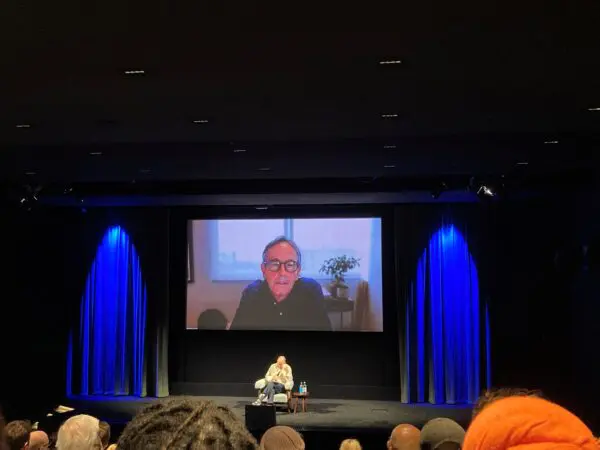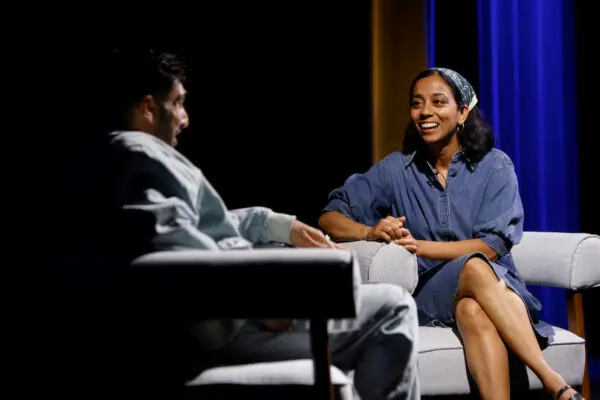Posing a challenging question to his audience Fry used his lecture to ask: “Is television as we know it, in its old business model, in terminal decline?” Offering his own thoughts on the issue he then said: “Well the big news I have for you, is that I have absolutely no idea. It’s possible to argue that there is no future for the BBC or ITV or Channel 4 or 5 or any broadcasting network that tries to make television at the national parochial level.”
Reflecting on the “golden age of television” that he grew up with, he then suggested that the viewing figures achieved by shows in the late 20th century is unlikely to be replicated today.
“The twenty-three and twenty-four million plus who tuned into Eric and Ernie’s Christmas shows can never be assembled together to watch a television programme again. Maybe if England makes it to the finals of the World Cup, something close can be achieved but television as the nation’s fireplace, the hearth and the heart of the country, the focus of our communal cultural identity, that television is surely dead. It seems unlikely ever to return. Instead of being the nation’s fireplace, TV is closer to being the nation’s central heating. It’s conveniently on in every room, it’s less discernible, less of a focus, more of an ambient atmosphere,” he said.
However, Fry did also argue that broadcasters can secure a successful future by continuing to commission and produce vast amounts of content. This would require being bold and saying yes to fresh ideas, to compete with alternative channels and internet TV services. Fry explained: “Now to achieve such a volume of production with any quality, variety, originality and confidence… requires a confident producer class. And that calls for people of real creative talent, intelligence, courage, resource and imagination, for my fear is that almost everyone I have encountered in production in the making of programmes is afraid. They have much to be afraid of, and much to cage, confine, cripple and constrain them. Fear is everywhere in the television business in this country.”








